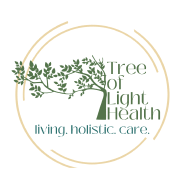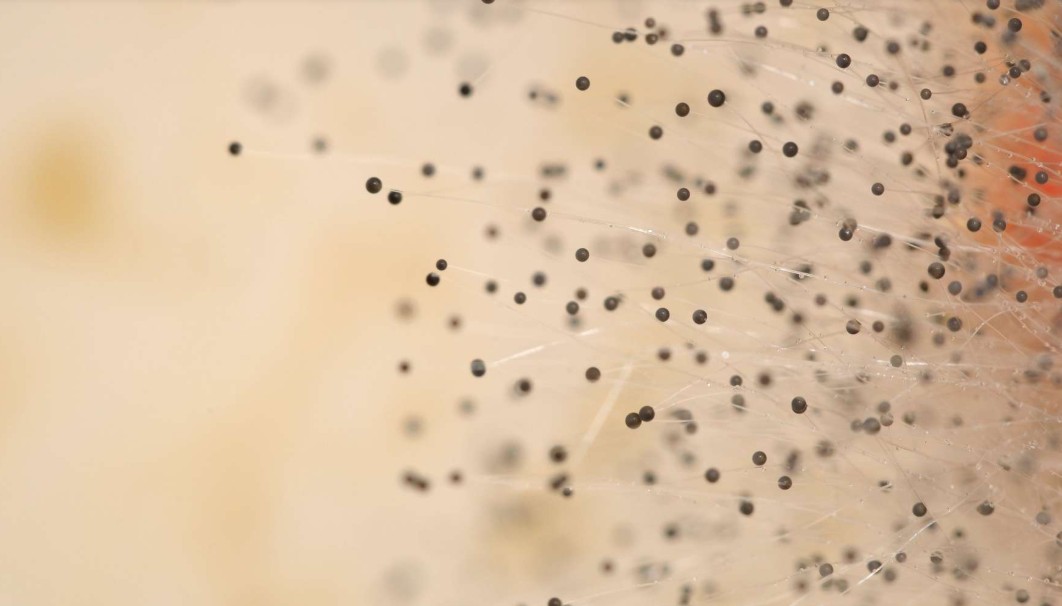Years ago, when I was practicing family medicine, I began noticing a troubling trend: more and more patients came to me with vague, system-wide complaints—everything from chronic fatigue and headaches to chronic pain. Despite thorough blood work and referrals to specialists, their results often came back normal. Yet, these patients continued to suffer, with no clear diagnosis or path forward. As more cases like this emerged, I found myself increasingly discouraged. This frustration led me to explore functional medicine as a potential solution to these complex chronic conditions.
The Limitations of Conventional and Functional Medicine
Conventional medicine, for all its strengths, often falls short in addressing the root causes of chronic illness. Many of my colleagues and I observed that patients with chronic conditions were frequently told, “There’s nothing wrong with you,” or worse, “It’s all in your head.” These dismissive responses were frustrating for both patients and providers. While conventional medicine excels in acute care and treating specific diseases, it struggles to manage the complex, multisystem issues seen in many chronic conditions.
Functional medicine provided a fresh perspective, addressing “functional” problems—issues that exist despite negative diagnostics and lab tests. Using advanced testing, functional medicine can uncover deeper root causes of conditions, such as gut dysbiosis through breath tests for small intestinal bacterial overgrowth (SIBO) or functional stool analyses. This allowed us to examine the microbiome, assess inflammation, and identify pathogens that could be contributing to chronic GI complaints.
However, despite the insights gained through these tests, many patients continued to struggle with unresolved symptoms. Additionally, functional medicine testing can be quite expensive, with patients often spending $3,000 to $10,000 on diagnostics alone, sometimes before even starting treatment. The lengthy reports and expensive interventions provided only partial relief for patients with complex, multi-system chronic issues.
A New Path: The Autonomic Response Technique (ART)
As my frustration grew, I began exploring other advanced tools used by naturopaths and practitioners around the world. This search led me to the work of Dr. Dietrich Klinghardt, MD, PhD, and his Autonomic Response Technique (ART). ART is a sophisticated biofeedback technique rooted in kinesiology that allows us to identify the root causes of chronic illness with remarkable precision.
Using ART, we can quickly assess key areas of dysfunction, such as toxins and infections, that often go undetected with conventional or functional testing. For example, we recently had a patient who tested negative for both mold and Lyme disease using traditional diagnostics. Within minutes of performing ART, we were able to identify both issues, with mold being the primary stressor that had led to immune dysregulation. By prioritizing the treatment of the mold exposure, the patient’s immune system rapidly improved, eliminating the need for extended Lyme protocols.
ART also allows us to assess nutrient deficiencies, organ function, and energetic blockages—interference fields—that may be preventing healing. Moreover, it helps us prioritize treatment, determining whether a patient should focus on detoxifying heavy metals, addressing chronic infections, or healing from environmental toxins like mold. This allows us to avoid unnecessary, costly interventions and helps streamline the healing process.
The Power of ART in Complex Chronic Illness
ART is not just a diagnostic tool; it serves as a holistic system for guiding treatment. For example, ART can help identify hidden dental infections, such as cavitations and infected root canals, which are often a key factor in chronic illness. Until these dental issues are resolved, many patients find that they cannot fully recover, despite numerous interventions.
Additionally, ART can reveal unresolved psycho-emotional traumas (UPETs) that may be holding patients back. Often, lingering emotional blockages contribute to a state of sympathetic dominance—commonly known as “fight or flight” mode—that prevents the body from healing. Using ART, we can pinpoint these UPETs and combine the technique with emotional healing modalities such as Emotion Code, Body Code, or Family Constellation Therapy to help patients release these blockages and restore balance.
One of ART’s greatest strengths is its effectiveness for “sensitive” patients—those who react poorly to conventional treatments or even gentler approaches like homeopathy. These patients may have layers of toxicity, emotional stress, or energetic imbalances that need to be addressed before they can tolerate more invasive treatments. ART allows us to gently and systematically uncover these deeper layers.
Beyond ART: Combining Advanced Techniques for Optimal Healing
While ART is an invaluable tool, it is often used in conjunction with other therapies. For instance, low-dose immunotherapy (LDI), field control therapy (FCT), and mitochondrial support are often necessary to address the complexities of chronic illness. In recent years, we have also integrated TruDose PRP (Platelet-Rich Plasma), which has been highly effective in repairing damaged mitochondrial pathways and reducing inflammation, accelerating the healing process for many patients.
Through ART and these complementary therapies, we’ve seen remarkable improvements in patients dealing with chronic conditions like Lyme disease, mold illness, and complex autoimmune disorders. ART allows us to fine-tune treatment, ensuring that we are addressing the right problem at the right time, saving patients both time and money.
Patient-Centered Healing: A Commitment to Individualized Care
At our clinic, we are committed to working on the front lines of chronic illness, integrating the best of conventional, functional, and advanced biofeedback modalities like ART. Healing is a journey, and we understand that recovery times vary based on the complexity and duration of the condition. However, with the right tools and a tailored approach, we believe that profound healing is possible.
If you are interested in an ART evaluation or would like to learn more about the services we offer, we encourage you to reach out to us. We are here to support you on your path to wellness and look forward to helping you achieve your health goals.



